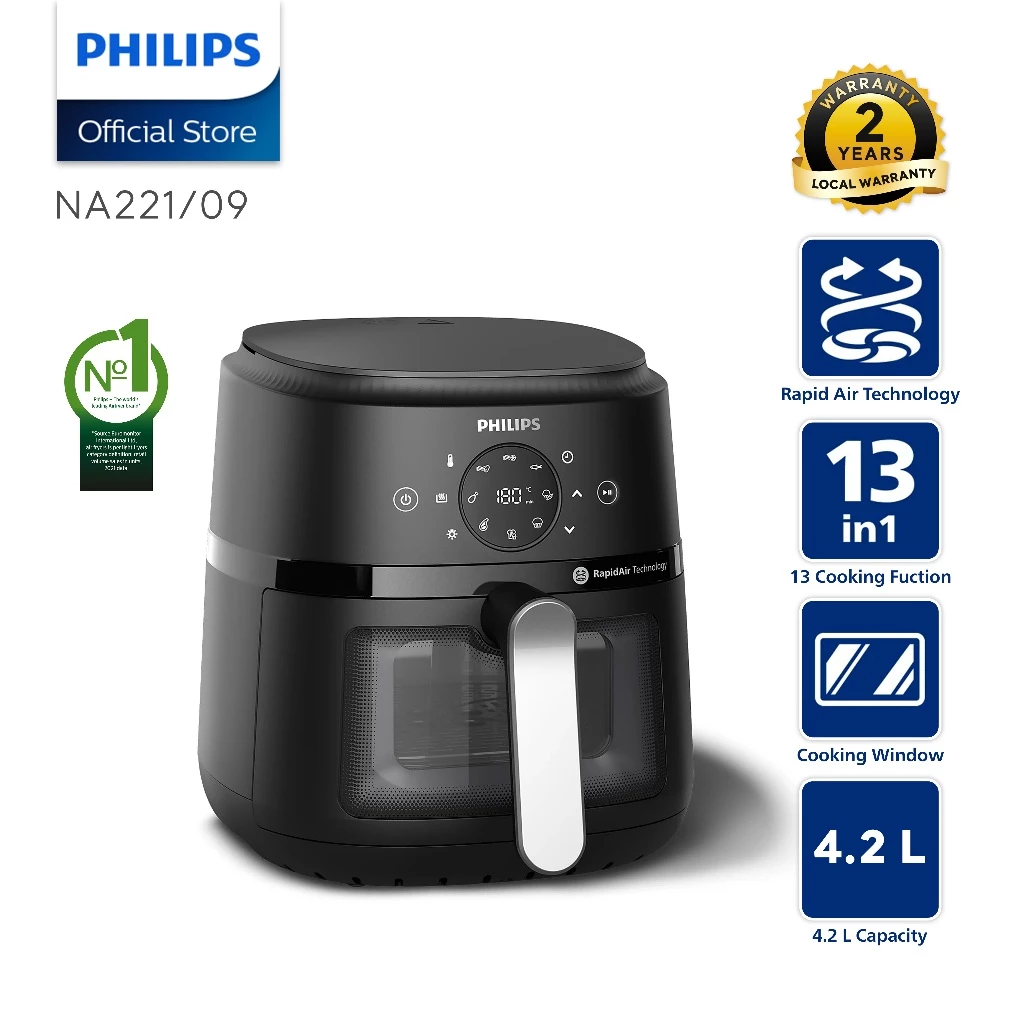Is Digital TV Exclusive Channels Fair for Filipino Viewers?
For the past
5 years, Broadcasting Companies in the Philippines were busy with the
switch-over from analog broadcast to Digital Terrestrial Television (DTTV) and
we have observed the shift may compromise by the implementation of exclusive
Conditional Access System (CAS).
What is Digital Terrestrial
Television?
DTTV is
a technology for broadcast television in which land-based
(terrestrial) television stations broadcast television content by radio waves to televisions in consumers'
residences in a digital format. DTTV is a major technological advance
over the previous analog television, and is replacing analog to become the new television
broadcasting standard.
Why Shift to Digital
Television beneficial?
1. 1. It aims to give viewers the benefits of
watching Television with clear audio and video.
2. 2.To have the benefits of instant information
through datacasting and emergency warning broadcast system.
3. 3. It gives broadcaster and content providers
the opportunity to offer a diverse range of programming through the use of
sub-channels and high-definition broadcast.
4. 4. To save operational expenses compared to
operating with analog transmission.
What is Conditional Access System?
Conditional
Access System is the protection of content by requiring certain criteria to be
met before granting access to the content. The term is commonly used in
relation to digital television systems.
Two
Kinds of Conditional Access System
1. Unified CAS – this is implemented
by a consortium composed of broadcasters. They are responsible for setting up the
encryption standards for broadcasters and device manufacturer to comply and
they also have the responsibility of setting up accounts and collecting
payments.
2. Exclusive CAS –
the broadcaster uses a proprietary encryption system that has a capability of
locking their own channels and it can only be unlocked if it is viewed through
set-up box that they own. This is normally implemented by pay cables and
satellite TV companies.
In Japan, unified CAS is being used as a form of Digital Rights Management to protect copyright content for recording using DVR. In all the countries using ISDB-T, only the Philippines adapted the use of exclusive CAS.
In the Philippines, there are broadcasting companies that
took advantage of the recent technology to include exclusive channel that are
being used by Pay TV industry like cable and satellite transmission providers.
The implementation of DTTV can greatly affect the
low-income consumers that form part of free-TV market since the broadcasting
companies have capability to lock channels to their viewers unless they opt to
buy their own brand of digital box or set-up device to unlock the exclusive
channels. Scrambled channels usually have “$” sign, meaning you are tuned in to
a channel with CAS.
Providing more options for the viewers are good but
forcing people to purchase network-branded DTTV device or set-up box to
establish loyalty only shows that the network is not playing fair.
Currently there are 19 scrambled channels with “$” sign
in Television with ISDB-T Tuner or non-network branded digital boxes. Most of
these channels are under ABS-CBN and SOLAR exclusive channels. Sometimes it
gets annoying while you navigate channels because these scrambled channels are causing
delays.
When these network companies started to produce their own
digital box, consumers might end-up having several digital boxes filed-up just
to watch different network’s exclusive channels.
The digital or HD channels programming should be a part
of our progress and should not create consumer confusion and later division. Adherence
to Public Service should always be the broadcaster’s priority and not always
profitability.











0 comments